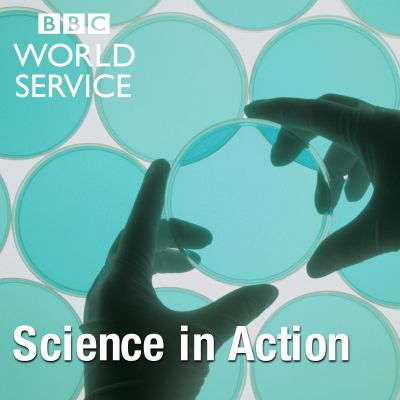Why Birds Survived Dinosaur Extinction
It seems that early dinosaur precursors to birds that had beaks rather than teeth gave them the advantage to survive the meteor crash almost 66 million years ago. Seed eaters were able to survive the nuclear holocaust-like conditions. Friendly Whales Why are the Gray whales that visit the San Ignacio lagoon, off the coast of Baja California in Mexico, friendly enough to stroke? No one knows, but it is thought they visit the shallow lagoon to give birth because their predators, killer whales, can't hunt in the turbid conditions. QB50 Closer to home than the moon is a section of the atmosphere called the thermosphere that is poorly understood. A European project called QB50 plans to change this, by sending 50 small satellites, known as CubeSats, into orbit this summer. Most of them will sport sensors that can probe the properties of the upper atmosphere. The group building these sensors is led by UCL’s Mullard Space Science Laboratory in Surrey in the UK, which will build 14 spectrometers. These will analyse the relative proportions of different types of particles in the thermosphere. Marnie Chesterton finds out how scientists cope with the challenge of building their gadgets but smaller and lighter. Testing Vehicle Emissions Testing pollution levels from vehicles in the lab, does not reflect the real picture on the roads. So scientists are "sniffing" the exhaust and filming cars and buses in real life to get a better picture of pollution. (Photo: Illustration of dinosaur bird. Credit: Danielle Dufault/PA)
